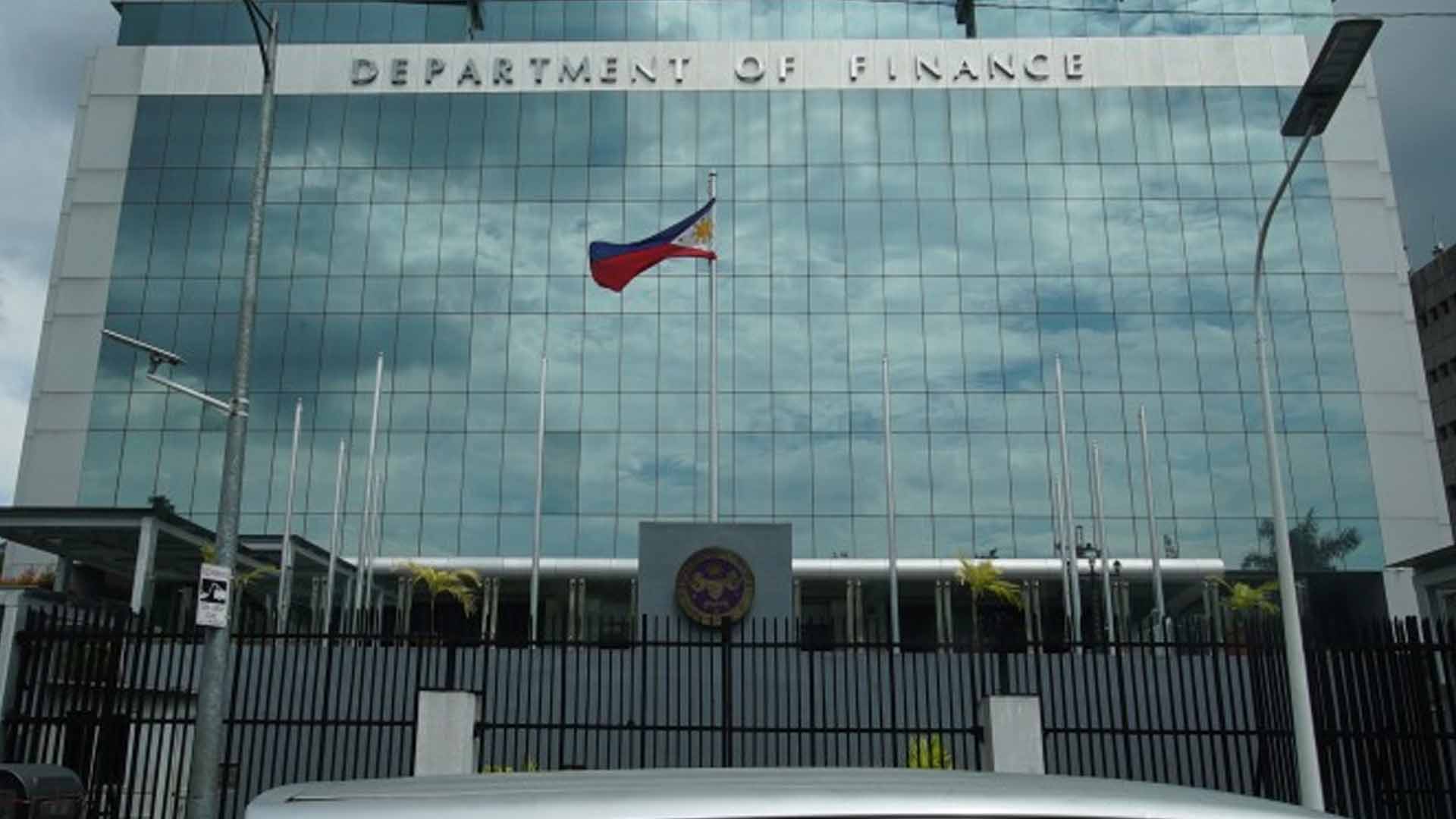The government is currently preparing the Tax Administration Transition Plan for the Bangsamoro Autonomous Region in Muslim Mindanao (BARMM) which includes the establishment of a digitalized tax system for efficient payment and collection of revenues in the region.
In a statement on Wednesday, the Department of Finance (DOF) said the Intergovernmental Fiscal Policy Board (IFPB) co-chaired by Finance Secretary Ralph Recto and Bangsamoro Government Minister of Finance, Budget and Management (MFBM) Ubaida Pacasem, approved the creation of an Operational Working Group (OWG) to lead the crafting of the Tax Plan.
“In line with our ‘Taxpayer First’ policy, this plan ensures a seamless and efficient transition for all taxpayers in BARMM. BARMM holds a unique advantage by building a comprehensive digital system now as they are starting from scratch. They can learn and skip all the mistakes that the national government encountered. They can go straight to digital,” Finance Secretary Ralph Recto said.
“We fully support the success of this transition as efficient and effective tax administration is crucial to the genuine development and fiscal autonomy of BARMM, as well as to our inclusive growth as a nation.”
The Bangsamoro Organic Law (BOL) states that the BARMM shall enjoy fiscal autonomy, and have the power to create its sources of revenues as provided under this law.
In 2020, the IFPB created a Tax Study Group (TSG), including the creation of the Bangsamoro Revenue Code to ensure the region’s long-term sustainability.
As the chair of the TSG, the DOF-Revenue Operations Group (ROG) is leading the discussions on the Tax Administration Transition Plan.
The plan covers the transition of tax administration functions from the Bureau of Internal Revenue (BIR) to the Bangsamoro Revenue Office (BRO), including the sharing of the BIR’s registration and other relevant systems in view of the enactment of the Bangsamoro Revenue Code.
Composed of DOF-ROG, the BIR, and MFBM-BARMM, the TSG will conduct regular meetings and submit two proposed guidelines by September this year for review by the IFPB.
To date, the TSG reported that it has so far completed 80 percent of its deliverables for the BOL.
These include the guidelines on the share of the Bangsamoro Government in national taxes, fees and charges collected in the BARMM, and the implementing rules and regulations on the payment of national internal revenue taxes by corporations, partnerships or firms. (PNA)







